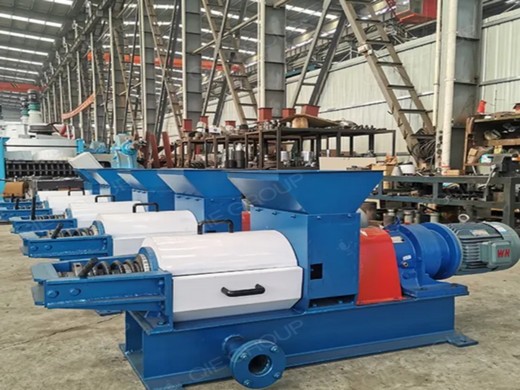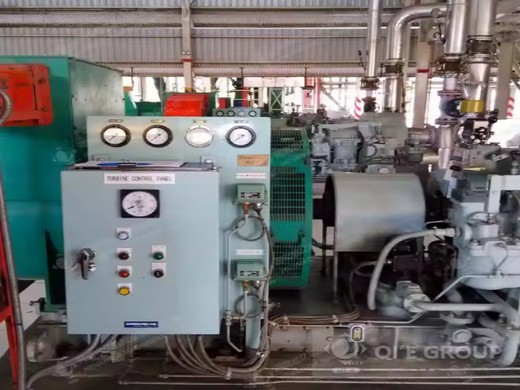Malaysia Palm Olein Exporters HAS Commodities
HAS Commodities Limited was established in year 2001, as a trading company in Dubai, to specialise in trade of palm oil and cooking oil from Malaysia. Our monthly traded volumes average 3000 4000 metric tons of Malaysia vegetable cooking oil.
Economic Importance To Malaysia The palm oil industry has been a key economic growth driver by creating jobs and triggering downstream activities to bring in revenue for national development and stability, especially Malaysia & Indonesia Today, the palm oil industry has become a key economic growth driver in Malaysia
Malaysia: Facing the Challenges of Sustainable
Malaysia’s extensive investment in Indonesia stems from a 1997 investment treaty, in which Indonesia allocated 1.5 million hectares of land for palm oil development. Illegal logging. Malaysia has also come under scrutiny for its handling of illegal logging, both domestically and abroad.
Malaysia A fifth of Malaysia’s crude palm oil is now produced in the state of Sarawak, where this mill is located. Malaysia recently mandated that all mills, plantations, and small growers must
Development of Palm Oil and Related Products
Development of Palm Oil and Related Products in Malaysia and Indonesia . By Rajah Rasiah and Azmi Shahrin. Abstract. Oil palm currently occupies the largest acreage of farmed land in both Malaysia and Indonesia having overtaken rubber and coconuts respectively. The first oil palm trees planted in Malaya came from Sumatra (Indonesia).
The industry’s ground-breaking national palm oil certification program tackles key issues including deforestation and workers’ rights. The Malaysian Sustainable Palm Oil (MSPO) certification differentiates this country’s responsible palm oil from the competition. Malaysia is the world’s second largest producer of palm oil.
World Bank Group Adopts new Approach
development and widespread adoption of environmentally and socially sustainable standards and codes of practice. The World Bank Group Framework and IFC Strategy for Engagement in the Palm Oil Sector will give priority to institutional and market initiatives that support smallholders and foster benefit sharing with rural communities.
Palm oil, the most widely used edible oil in the world, is a key area of focus. While PepsiCo is one of the largest global buyers of palm oil in the consumer products industry, our purchase in 2025 represented less than 1% of the global supply, which we use primarily in snack manufacturing because of its wide availability and shelf stability.
Palm oil and biodiversity IUCN
Palm oil is used in food, cosmetics, cleaning products and biofuel, and only grows in the biodiversity-rich tropics. Palm oil is important for global food security and economic development. Palm oil production increased 15-fold between 1980 and 2025 and will likely increase further.
Three major trade-offs are associated with the development of oil palm plantations, including those related to biofuels: unevenly distributed economic benefits are generated at the cost of significant environmental losses; there are some winners but also many losers; and economic gains accrue at the expense of weak rule of law.
- Which country exports the most palm oil in Malaysia?
- onnes or 18.8% of total Malaysian palm oil exports. This was followed by China at 1.47 million tonnes (9.7%), the EU 1.07 million tonnes (7.1%), Kenya 0.92 million tonnes (6.1%), Turkiye 0.88 million tonnes (5.8%), Japan 0.55 million to
- Why did Malaysia start palm oil cultivation?
- Palm oil cultivation plan was started in 1960s to reduce Malaysia's dependence on rubber and tin under the government's diversification program , . Malaysia also became the largest palm oil exporter in the world during the same period. ... ...
- What is Malaysian palm oil biofuels development?
- The main focus will be on the Malaysian palm oil biofuels development which consist of prospects, policies, and challenges faced in order to promote biofuels to replace petroleum fuels as most countries in the world are now moving towards a more renewable and sustainable energy. 3.
- What is the contribution of palm oil to smallholders in Malaysia?
- 2277-8616Contributions and Challenges of Palm Oil to Smallholders in MalaysiaAzhar Ahmad, Lokhman Hakim Osman, Ahmad Raflis Che Omar, Mara Ridhuan Rahman, Suraiya IshakAbstract—This paper highlights he important contribution of the palm oil industry to the country by providing employment opportunities to more than four mi
- Is palm oil regulated in Malaysia?
- The palm oil business in Malaysia is a heavily regulated sector. Many of the rules and regulations that regulate the palm oil business are implemented by the Malaysian Palm Oil Board (MPOB) all the way down the supply chain.
- How much oil palm biomass is produced in Malaysia?
- Malaysia and Indonesia recorded 220.5 million MT of dry oil palm biomass production in 2013 (Anli, 2015). The government of Malaysia forecasts that solid biomass generation increases from 93.7 to 122.4 million MT, while POME increases from 77.2 to 121.3 million MT by 2020 (EU-MCCI, 2017).






